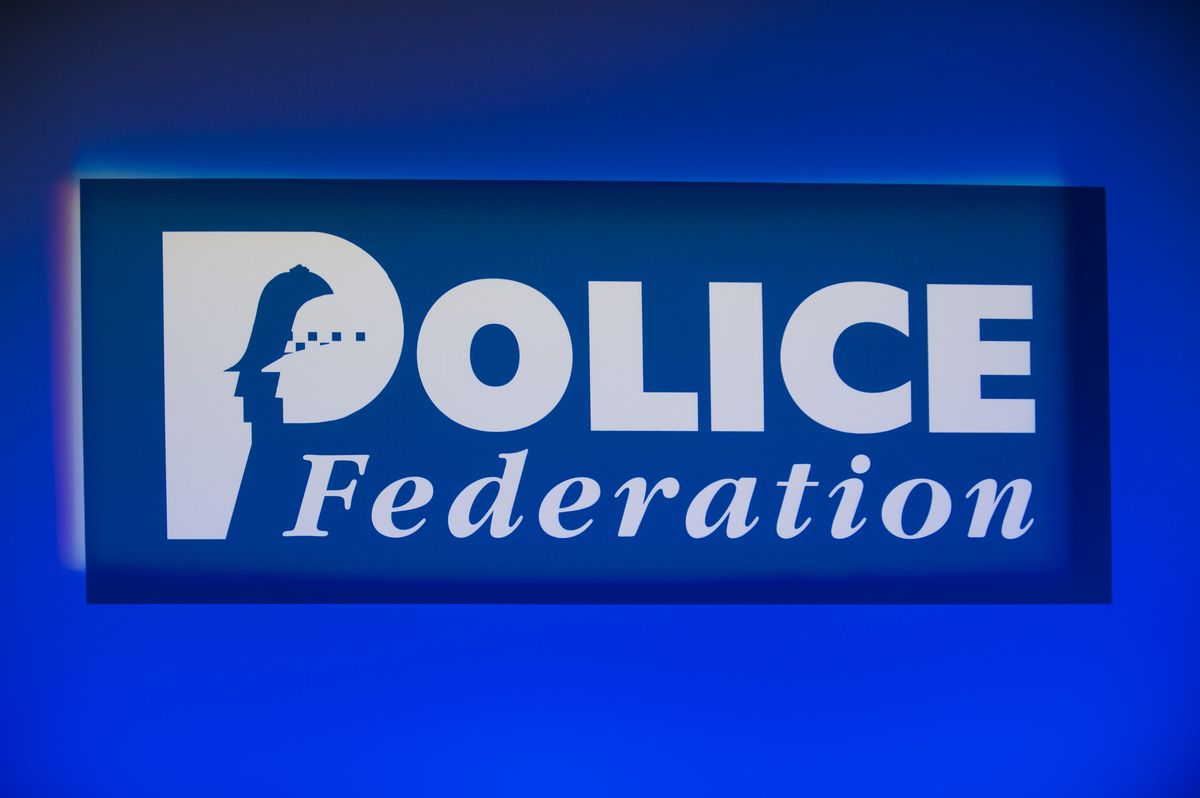Helping colleagues in their darkest hour
REPRESENTATIVES from the Police Federation of England and Wales have received specialist training in how to help officers who are feeling suicidal.
Delegates explored some of the triggers that could lead a colleague to contemplate suicide; including the pressures of the job, bullying, problems at home, alcohol abuse and isolation.
Between 20 and 25 police officers kill themselves every year, but trainer Eddie Bannon said that in the majority of cases, suicide is not inevitable and can be averted with the “right help and support”.
Mr Bannon, who delivers compact training on the topic to schools, universities and police federations, presented the session at Equality Liaison Officers Seminar at Leatherhead earlier this month.
He said: “Men are three to four times more at risk of suicide because they find it more difficult to ask for help and tend to leave it until things spin out of control. What I want the delegates to take away from the training is how important it is to listen to people and don’t jump in and try to fix things. You need to look for the signs, listen – let them talk about how they feel, and link them to the right support. Take the first step with them.”
Federation Representatives constantly exposed to colleagues’ issues and distress can also feel low, but unlike counsellors they don’t receive a monthly debrief, this is why it is important for Reps to look out for one another too, delegates heard.
Jayne Willetts, Secretary of the PFEW Equality Sub Committee said: “At our last seminar, suicide awareness was highlighted by delegates as a tool they needed. We need more awareness, more understanding and the knowhow to signpost colleagues to the right help that is available. PFEW’s Welfare Survey clearly identified the need for welfare support for officers. With the lack of local NHS and Occupational Health support in forces, the need for Federation help has never been more vital.”

